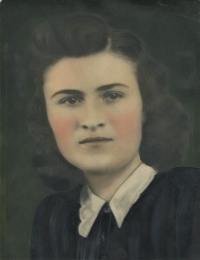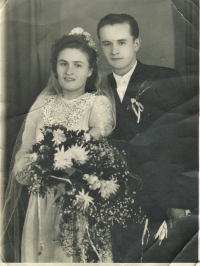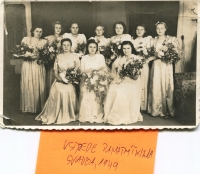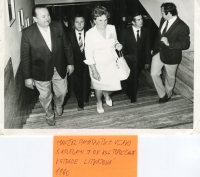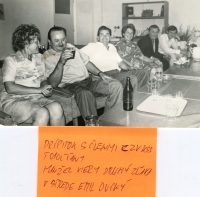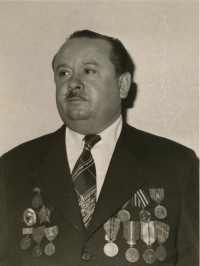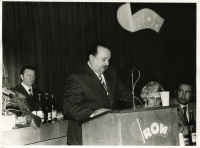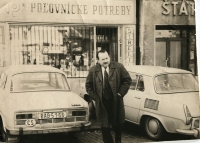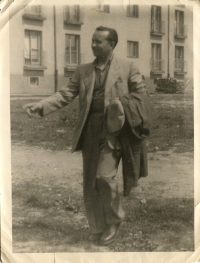None of us knew when would the Germans come back, we were falling asleep in fear, waking up in fear
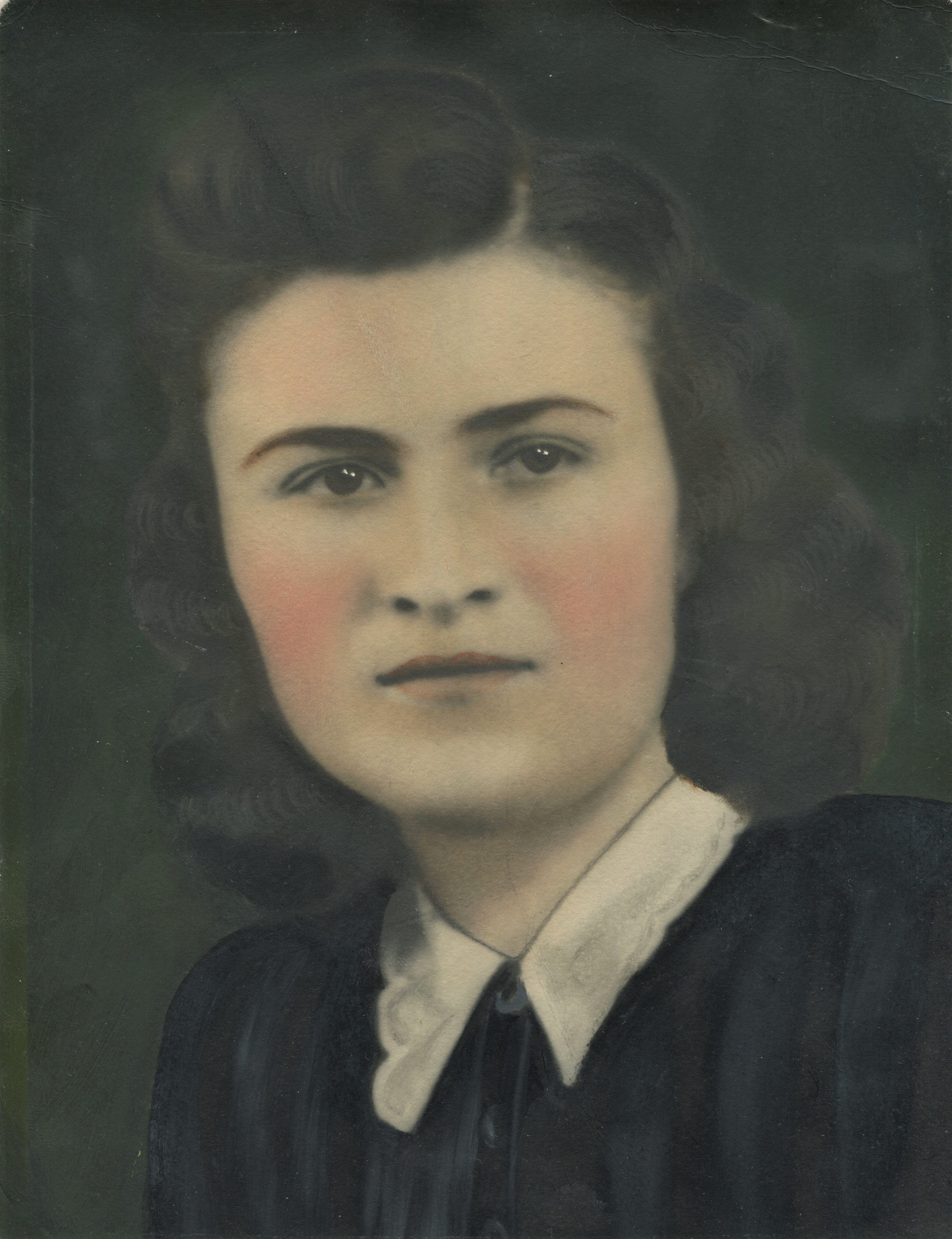
Stáhnout obrázek
Viera Šagátová, née Masaryková, was born on July 31, 1931 in Miezgovce. She had one sibling. Her father Michal Masaryk was a committed resistance fighter. He became a commander of the eight company of the partisan brigade of Ján Žižka from Trocnov. During the Slovak National Uprising Viera, her family and the local people witnessed many horrible and dangerous situations, and Viera’s life happened to be seriously endangered. She was a witness of burning the village of Miezgovce by German soldiers on October 29, 1944. After the end of the war she studied at middle school in Uhrovec, which was followed by practical course. She employed at the textile company Trikota in Bánovce nad Bebravou. When she was 18, she married Milan Šagát, who was also a participant of the Slovak National Uprising. Together they had three children. Her husband graduated from the College of Political and Social Studies in Prague and he became an ideologic secretary at the district committee of the Communist Party. Viera was a sympathizer of the communist system even after the invasion of the Warsaw Pact troops in 1968. Currently, she lives retired in Bánovce nad Bebravou.
